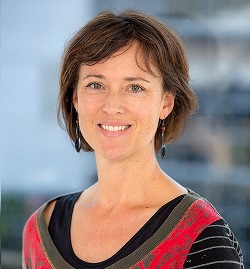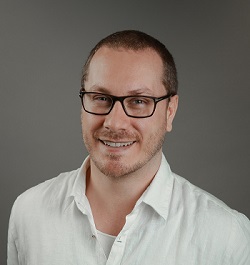
In this Q&A, Maryke Steffens and Adam Dunn, authors of a new paper published in BMC Public Health and of this blog post sharing details about their study, shed light on the anti-vax rhetoric and misleading tactics, and tells us more on how anti-vax activists should not be the focus when addressing low confidence in vaccines.
Anti-vax: a new problem?
Anti-vaccine rhetoric is not new – it has been around since the introduction of the first vaccines. The current perception of a burgeoning anti-vaccine movement is likely due to the influence of social media. The growth of platforms such as Facebook, Twitter and Pinterest has provided vocal critics with new ways to publicly voice their opinions and reach broader audiences.
The tendency of some journalists to seek comments from vaccine critics alongside public health experts has given critics a platform to broadcast their messages to audiences they may not normally reach. When we reviewed research on public health journalism, we found that the loss of specialist health journalists (caused by a downturn in the industry) may have made it harder to avoid these types of problems in health reporting.

In reality there are relatively few anti-vaccine activists. They do not gather in large and well-organised communities, and do not represent a ‘movement’.
They do, however, use guerrilla tactics to increase their influence. They also use misleading tactics to promote misinformation, such as misrepresenting research findings, selectively promoting outdated or poor quality research, and quoting false experts.
Does misinformation threaten confidence in vaccines?
Vaccine misinformation is probably not spreading as easily as credible information on social media. While there is a large volume of misinformation being posted, the assumption that it spreads quickly and easily comes from research that assumes that all posts are equal in terms of audience size or impact.

The reality is that most vaccine misinformation is shared within echo chambers, which are a consequence of people preferentially connecting with and trusting communities that share their values and opinions.
That is not to say that vaccine misinformation is unimportant. People who lack confidence in vaccines may be at risk of believing the misinformation that anti-vaccine activists attempt to promulgate. Some myths, like a link between vaccines and autism, can become entrenched and hard to mitigate.
What is the key to the vaccination crisis?
It is more productive to identify and support people who have questions or doubts about vaccines, and are looking for support, reassurance or information.
Rather than engaging with anti-vaccine activists, we believe it is more productive to identify and support people who have questions or doubts about vaccines, and are looking for support, reassurance or information. This group make up a much larger proportion of the population and are much more likely to be amenable to persuasion.
This is why we concentrate our research on measuring where and when broader populations are likely to be exposed to emerging misinformation threats. Knowing where and how anti-vaccine activists manage to break out of their echo chambers to reach people lacking confidence in vaccines can tell us when and where it is most useful to intervene.
Armed with this real-time data, social media sites like Twitter, Pinterest, Facebook and Instagram will soon be able to reduce the spread of vaccination misinformation, for example by modifying their algorithms to rank posts from vocal critics below credible sources of information.
Public health agencies might also be able to learn when responding to anti-vaccine posts is more likely to have a positive influence on the beliefs and attitudes of silent observers – the social media users who observe debates without participating.


Maryke Steffens is completing a PhD in vaccine misinformation at the Australian Institute for Health Innovation, Macquarie University, Sydney, NSW, Australia.
Adam Dunn is an Associate Professor and leads the Digital Epidemiology team in the Centre for Health Informatics at the Australian Institute for Health Innovation, Macquarie University, Sydney, NSW, Australia.
Comments